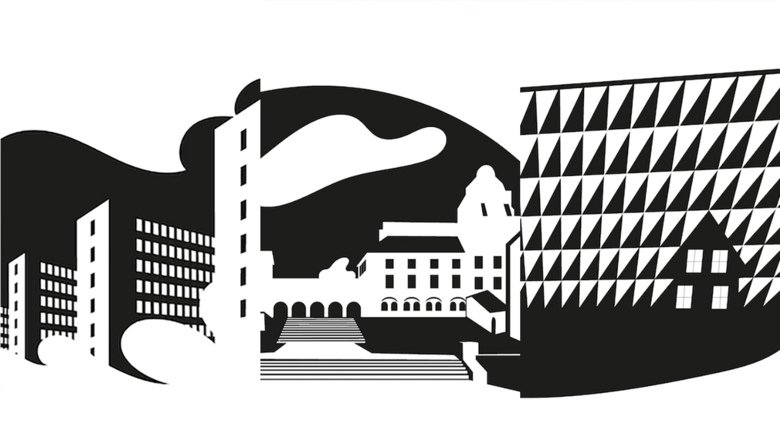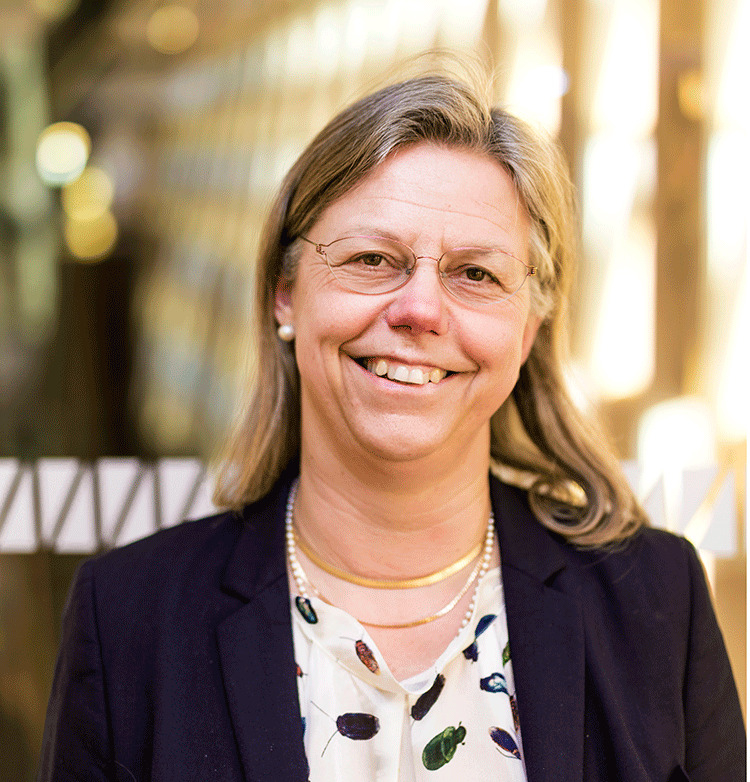Partnership necessary to reach sustainability goals

Many of society’s challenges, such as the climate issue, are too complex to be solved singlehandedly by different actors. Partnership and collaboration are necessary if the work of reaching the global goals is to be accelerated – and here academia plays an important part. This is the view of representatives of the Stockholm Trio, ahead of their May seminar showcasing how they mobilise to improve the health of people and the planet.
– Our core activities of research and education create the knowledge and expertise needed to reach the sustainability goals. We are used to working together to identify challenges in society that need solutions to be found, and then to return the knowledge and expertise we have generated to society, says Karin Dahlman-Wright, Professor of Molecular Endocrinology at Karolinska Institutet, and Vice Chair of the KI Council for Environment and Sustainable Development.
Per Lundqvist, Professor of Energy Technology and Vice President for Sustainable Development at KTH, emphasises that expertise from many different areas is needed in order to develop good solutions for sustainability challenges.
– However, the universities need to become better prepared for work across disciplinary and subject area borders, and use innovative collaboration with different actors to find sustainable solutions for society’s complex challenges. Here we really complement each other!
Three research centres in focus
Karolinska Institutet, KTH, and Stockholm University have joined forces to create the Stockholm Trio university alliance and their presidents have decided that sustainability and the UN’s Goals for Sustainable Development will have priority in all current and new collaborations within the alliance.

Karin Dahlman-Wright points out that partnership is built on trust and mutual benefit from the partners’ expertise, knowledge and experience:
– The challenges society meets today are so complex and require such rapid solutions that they need knowledge and expertise far beyond what is available in an individual organisation, often established in another era with other conditions.
For Karolinska Institutet, partnerships with industry have worked well for years.
– This makes it possible for knowledge generated within universities to be made available in the form of new medicines and diagnostics, while at the same time the universities gain knowledge and experience of the preconditions for converting knowledge into a product, she says.
Unique initiatives showcased
The seminar on 19 May is one of several activities carried out by the sustainability group within the Stockholm Trio. Magnus Breitholtz is Professor of Ecotoxicology at Stockholm University and Chairman of the university’s Environmental Council, and his hope is that discussion of the activities of the three featured research centres will inspire others.
– Starting with these, we hope that those key stakeholders outside academia who have been invited to the panel discussion will be able to contribute their perspectives on how we, within academia, can work together for the health of people and the planet.
Karin Dahlman-Wright agrees:
– Showcasing three unique initiatives at the three universities and discussing them with leading representatives of important current and future collaboration partners provides important contributions to the establishment of Stockholm Trio’s collaborative work on sustainable development, she says.
